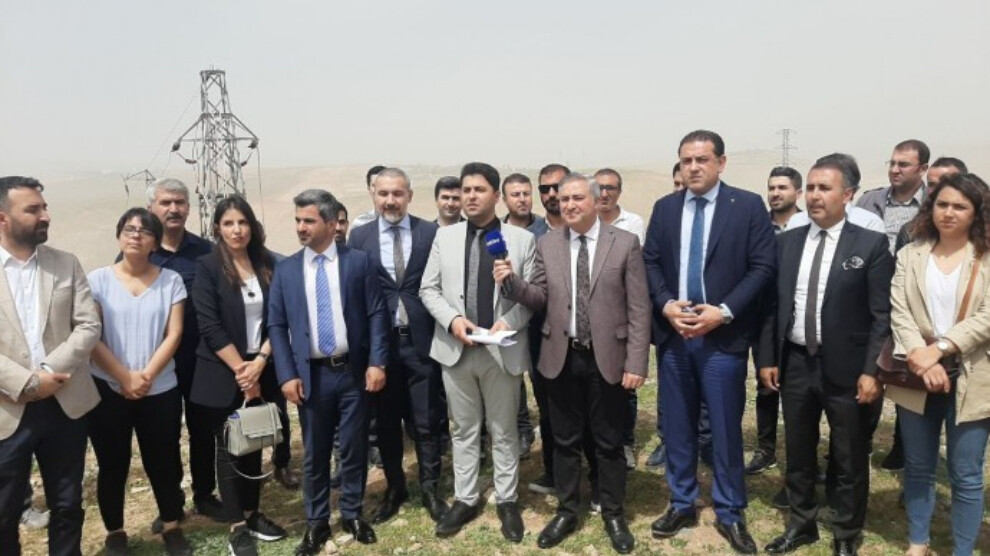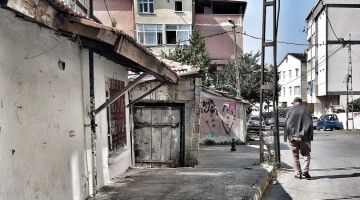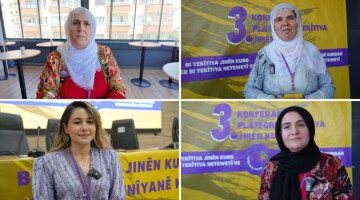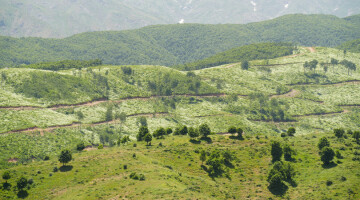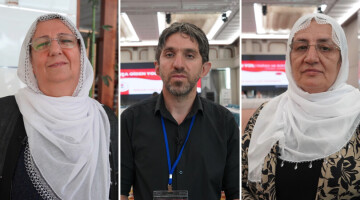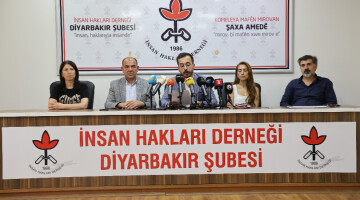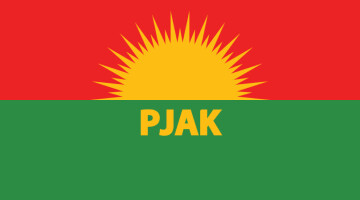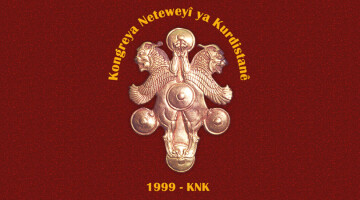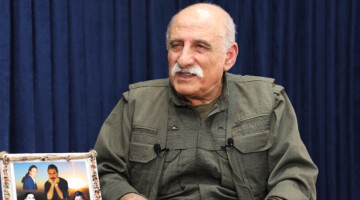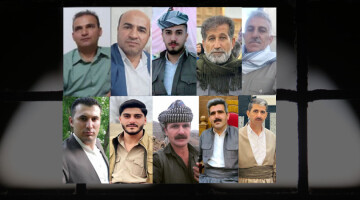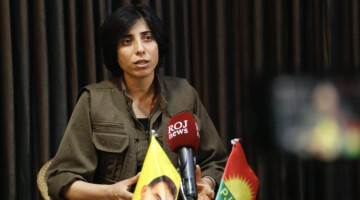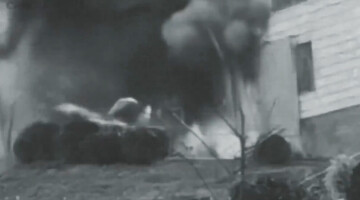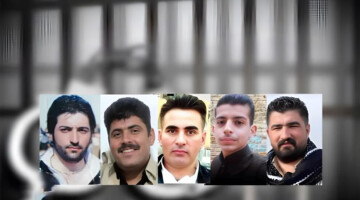After the Newala Qesaba (which literally translates as Butchers' Stream in Kurdish) was opened to construction, several law and rights organizations protested the decision by paying a visit to the site, Bianet reported.
Newala Qesaba has been a site of mass graves in Turkey's Kurdish-majority southeastern province of Siirt where the tortured and massacred Armenians, Chaldeans and Kurds were buried.
The representatives of the Diyarbakır, Van, Bingöl and Siirt Bar Associations in the east and representatives of the Human Rights Association (İHD) and Human Rights Foundation of Turkey (TİHV-HRFT) wanted to visit the area and conduct examinations there yesterday (April 25).
While the lawyers and rights advocates were set to make a statement in the area, police officers tried to block their passage by using anti-riot water cannon vehicles, armored vehicles and riot police officers.
Protesting the police blockage, lawyers underlined that this decision was arbitrary and reiterated their determination to enter the site. Following debates and arguments with the police, bar association chairs went to Newala Qesaba. While the police opened the road as a result of bar chairs' insistence, the bar chairs made a joint press statement on the site.
'It must be protected with care'
Reading out the joint statement for the press, Siirt Bar Association Chair Kenan Bilge protested the permit for construction granted to the area.
He underlined that some places are symbolic places that are to be protected with care not only physically, but also to retain the social memory as a representation of the traumas that people suffered.
Noting that Newala Qesaba, or the Butchers' Stream, is such a place, Siirt Bar Association Chair Bilge said, "Newala Qesaba has been turned into a place where grave human rights abuses took place, the truth has been covered up, a confrontation with the past has been prevented and which has become the symbol of disrespect for the deceased and their relatives."
Recalling that the deceased bodies of eight people were found only in a few hours after the excavation began with construction equipment on April 22, 1989, Bilge raised concerns that the excavation stopped upon the order of the Siirt Governor on the same day and no further steps have been taken since then though it was expected that a scientific study would be conducted by independent experts for the enforced disappeared.
The bar chair further noted that the deceased bodies were not identified and their causes of death were not detected, either.
"The fact that the truth is not brought into light causes deep fissures in the social memory and leads the trauma to linger," he added.
He said, "Every closure aimed at making the truth in Newala Qesaba invisible means eliminating the opportunity to face the crimes against humanity, depriving the relatives of the deceased of their right to mourn, condemning the victims and witnesses of the incident to injustice and burying them in an unconfronted past, thereby depriving them of a future."
Underlining that "justice is a principle of social partnership", Siirt Bar Chair Bilge said, "The injustice to arise as a result of construction on Newala Qesaba is an attack on the social partnership itself."
Demands
Concluding the statement, Kenan Bilge recalled that all citizens who live in the region request the identification of the deceased bodies in Newala Qesaba and their burial by their relatives in due manner.
He underlined that all necessary measures should be taken to acknowledge the crimes committed in the region, reveal and try the perpetrators and prevent such incidents from happening again.
The bar chair noted that Newala Qesaba should be placed under protection in the way it is stipulated in the International Convention for the Protection of All Persons from Enforced Disappearance, which was adopted by the UN General Assembly on December 20, 2006, as well as in the Jordan judgment of the European Court of Human Rights (ECtHR).
Requesting an objective and transparent process with the participation of independent experts and investigators, Bilge said that the dead bodies should be taken out and identified by experts in line with the Minnesota Protocol, their causes of death should be detected and the ones responsible for these deaths should be brought to account before justice.
"On the other hand, as it is a step to be taken for a real and sincere apology when crimes against humanity are concerned, Newala Qesaba should be turned into a site of social memory," added Bilge.
Concluding the statement, the Siirt Bar Association Chair called for an end to the construction near the site of mass graves.

